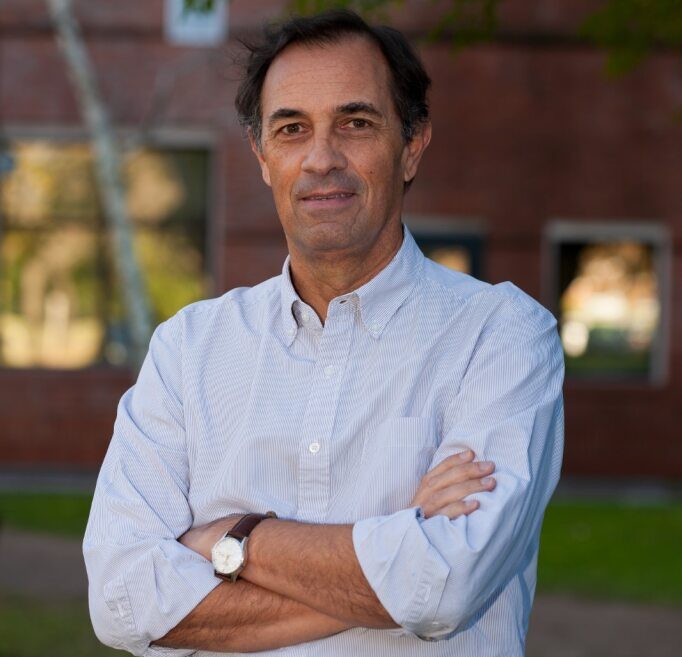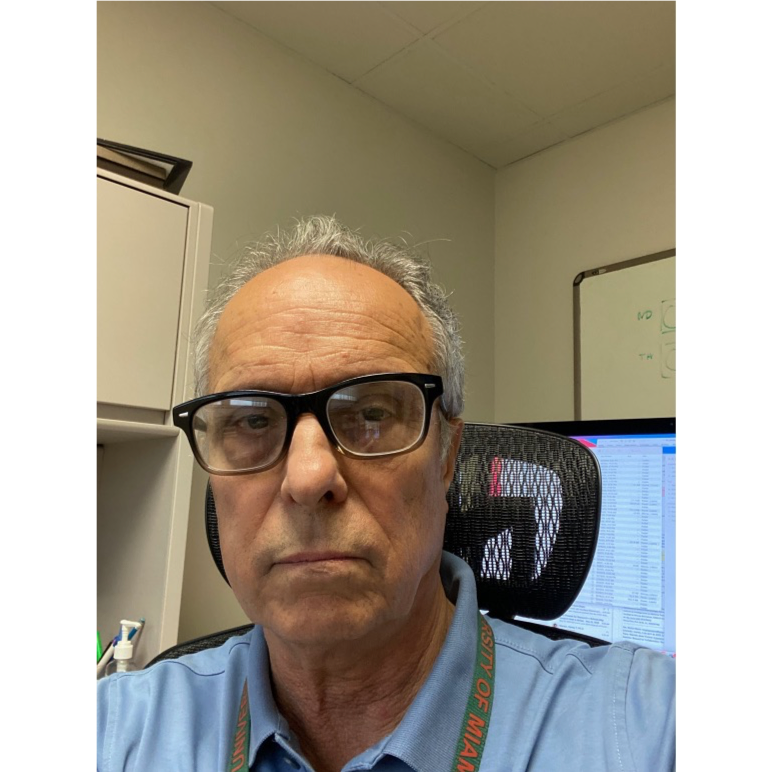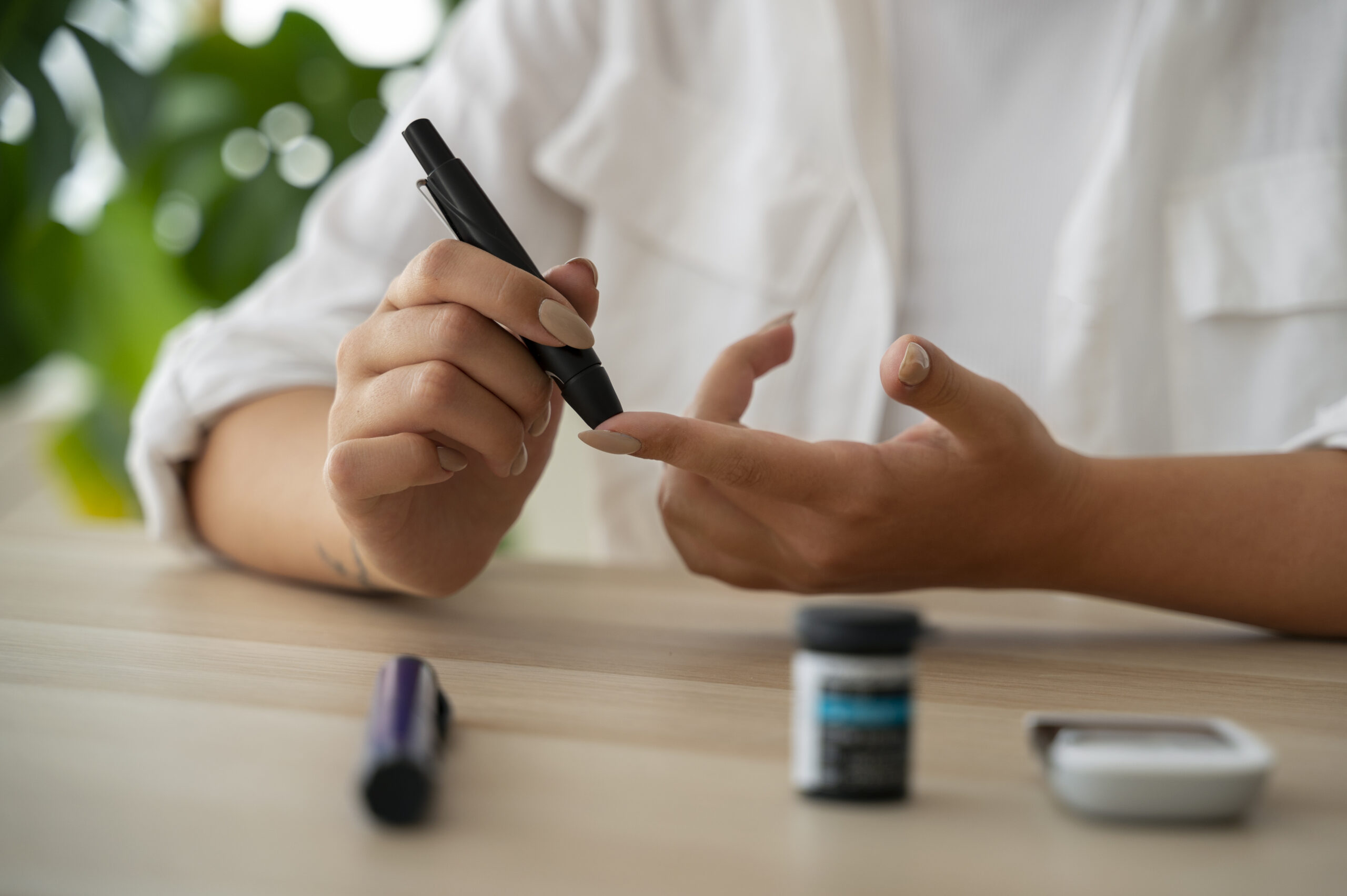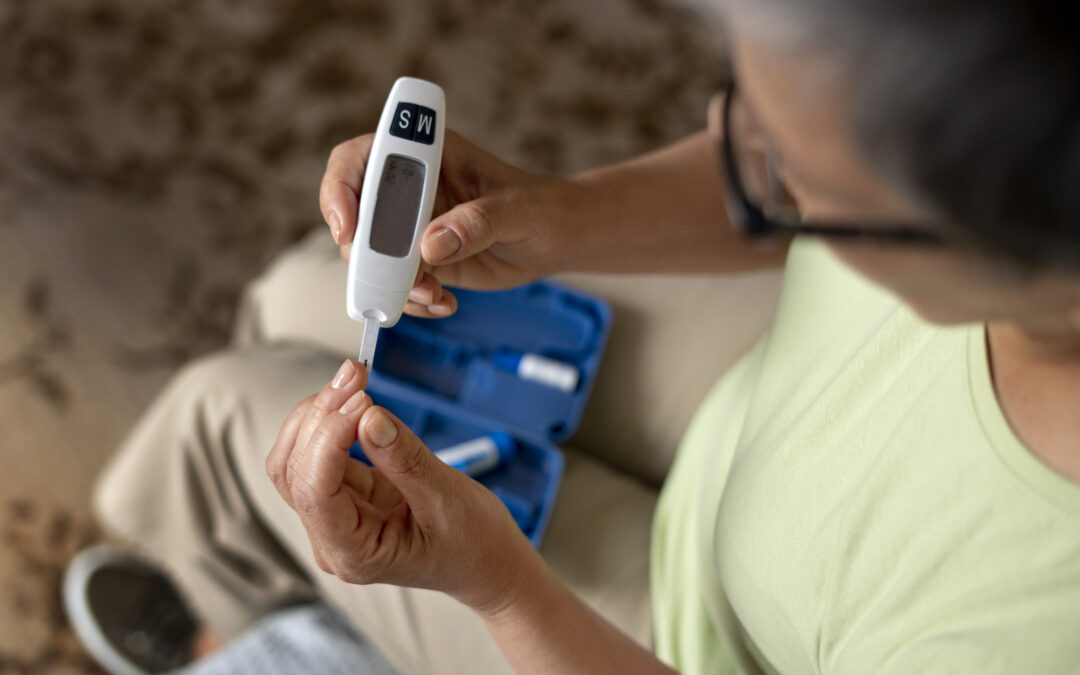Thanks to funding received through the Hemispheric University Consortium’s Seed Fund, researchers from Austral University (Argentina) and the University of Miami (U.S.) will explore cellular plasticity and tissue reprogramming in the pancreas, which could eventually improve healthcare responses to the disease.
Recent advances in diabetes research have shed light on critical developments in the progression of the illness. Pancreatic beta cells, responsible for producing insulin, undergo progressive cellular stress that can evolve into chronic stress. The deterioration of these cells leads to permanent dysfunction, and the lack of early interventions could accelerate the disease’s progression in patients. Diabetes, as defined by the Pan American Health Organization (PAHO/WHO), is a chronic metabolic disorder characterized by elevated blood glucose levels, which can lead to severe complications in the heart, blood vessels, eyes, kidneys, and nerves.
Guided by this premise, the research led by Dr. Ricardo Pastori (University of Miami) and Dr. Marcelo J. Perone (Austral University) aims to analyze whether damage to beta cells can be reversed after chronic stress. Additionally, the study will investigate whether pancreatic ductal cells possess the ability to transform into insulin-producing cells under cellular stress conditions.
To date, medicine has managed to control diabetes symptoms, but restoring the pancreas’s original function remains unachieved. Thus, the results of this study could contribute significant advances toward regenerative therapies for people living with diabetes. Notably, approximately 590 million people worldwide have diabetes, according to the International Diabetes Federation, with over 112 million residing in the Americas

Dr. Marcelo J. Perone
Austral University
Investigador-CONICET/Prof. Asociado. Facultad de Ciencias Biomédicas, CONICET-Universidad Austral

Dr. Ricardo Pastori
University of Miami
How will this research be conducted?
To study the pancreas in its natural environment, scientists will use micro-tissues from human pancreases obtained from cadaveric donors. This approach will allow the application of advanced cellular and molecular biology techniques in in vitro models to examine pancreatic cell behavior under controlled conditions.
This type of research preserves the natural environment of the islets where beta cells reside. Combined with molecular analysis, it will enable the measurement of key changes related to insulin production in a survival setting. The studies may reveal whether beta cells can regain their function or if neighboring cells acquire this ability under stress.
Regarding the challenges of this work, Dr. Perone noted that while it is still difficult to predict the expected outcomes, experimental models may be anticipated in the future: “If we successfully identify trans-differentiated or differentiated cells from the exocrine pancreas, the next challenge will be to elucidate in detail the molecular mechanisms driving this process. Scaling up these insulin-producing cells would then allow progress toward preclinical trials”.
Securing the HUC Seed Fund marks a starting point for the researchers in developing this project, though securing additional resources remains crucial for achieving meaningful results: “The grant obtained is vital for taking the first steps in this research, but significantly more funding will be needed to fully realize the proposal”, they added.
HUC Member Institutions
The HUC Seed Fund is an initiative designed to promote collaborative research among consortium members, aiming to generate innovative solutions to key social challenges in Latin America and the Caribbean. In 2024, ten projects were selected, involving researchers from multiple universities and addressing the consortium’s priority areas.
The consortium includes: Universidad Austral (Argentina), Universidade Estadual de Campinas (Brazil), York University (Canada), The University of the West Indies (Caribbean), Universidad de los Andes (Colombia), Tecnológico de Monterrey (Mexico), Universidad de Costa Rica (Costa Rica), Universidad San Francisco de Quito (Ecuador), Universidad Peruana Cayetano Heredia (Perú), Pontificia Universidad Católica de Chile, Universidad Andrés Bello (Chile), University of Miami (USA) & Pontificia Universidad Católica Madre Maestra (Dominican Republic).


